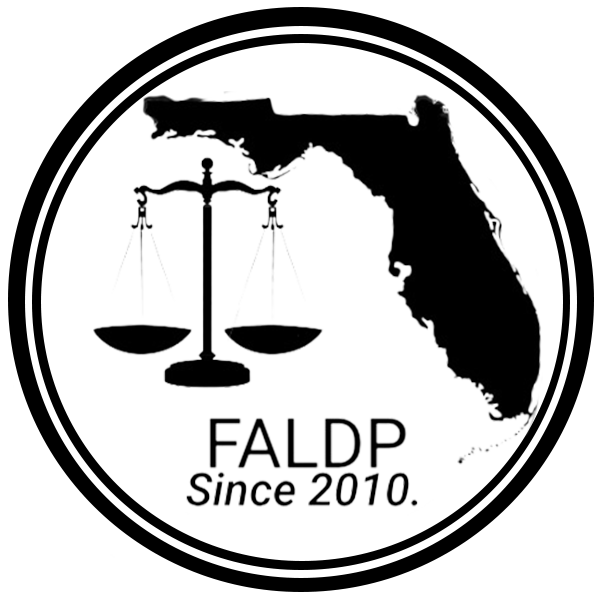800-515-0496
Landlord/Tenant Course Navigation
Property Analysis for Landlords
If you are only interested in the tenant side of landlord tenant issues, skip this page.
Before you place a down payment on your first residential rental property -- analyze it carefully.
Inspect the property. We highly recommend hiring a licensed home inspector before purchasing rental property. There is too much at stake to take the word of a seller who may just want to unload his problems onto you.
You can inspect the property yourself prior to deciding to hire an inspector. A home inspection will cost anywhere from $300-$800 depending on square footage, outbuildings, etc. This is money you will spend on someone else's property, because you are still making the decision whether to make an offer. Many buyers, include an inspection contingency clause in their offer – making their offer to purchase subject to a satisfactory home inspection. Regardless, the money you spend to inspect the seller's property will not be refunded if you change your mind. However, it is money well spent if it saves you thousands in repairs.
Make sure that the property is currently insured so that you know it is insurable. Florida homeowners insurance is constantly changing and often challenging to deal with. In general, any home over 30 years old must pass a four point inspection in order to insure it. The four points are: heat/air; roof; electric; and plumbing.
Preliminary Inspection
In your preliminary inspection, look at:
- Location – Is it in a convenient place? What is the neighborhood like? Is the neighborhood changing? Is the local economy growing, slowing or going away? What is the community like? Is it culturally diverse? Does it have a rural character? Is there a college or university nearby? Is the road city or county maintained?
- Structure – What is the building's condition? How does the roof look? Does it require updates or repairs immediately? What type of heat and air condition system is in place? What are the room sizes? How many units are involved (if a multi-family)?
- Land – Where does the building sit on the property? Is there a lawn? Is there enough parking for the number of units? Are there many trees on the property?Is it in a flood plain?Does the house sit lower than the crown of the road?
Learn about the rental history

- How long has the unit been vacant? When was it placed into service as a rental property? What is the average length of tenancy? What is the historical vacancy rate (the length of time a space – called a unit – is not under a lease)? Has there been a particular type of tenant, such as a college student or retiree?
- If currently rented, when does the lease expire? What are the tenants like? What do tenants like about the property? What do they not like?
Analyze the Financial Information
- Determine the net operating income (NOI) for the current year and previous two years; the NOI is calculated by subtracting the total expenses for a period from the total income received. Ask the seller for receipts, rental history, and anything else you need to form a proper picture of the day to day costs of running this property.
Income (Revenue)-Expenses = Net Operating Income
NOI-Acquisition Costs (Debt Service) = Cash Flow
- Examining tax records shows you the tax-assessed valuation, credits received, special assessments levied on the property, and the distribution of your taxes to county and local entities. You can look up most of this information online on the tax assessor's website for the county where the property is located. If you need more detailed explanation about assessments or millage rates a phone call to the county tax assessor is a quick and easy way to find the information.
Tax
Assessed Value (TAV) +Assessments-Credits x Mil (tax) rate=Property
Taxes
- Invoices,
contracts, purchase orders and receipts tell quite a bit about what
has happened at the property. Checking receipts verifies the claims
made on the seller's financial statements.
If you are purchasing a condominium or a property with a Homeowners Association, be sure to request an up to date copy of the Condo or HOA docs well ahead of time. Sellers are required to provide you with these, and they contain information you wouldn't want to be without. Although monthly maintenance fees may not be discussed in these documents, you will find valuable information like maintenance schedules, scheduled special assessments, and deed restrictions.


